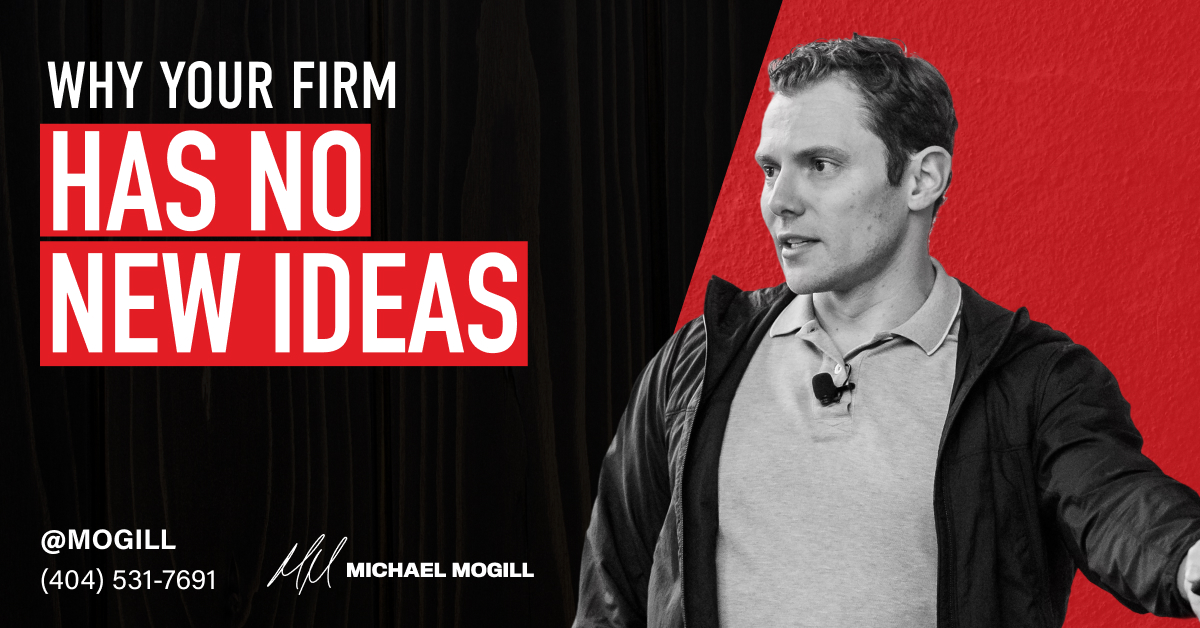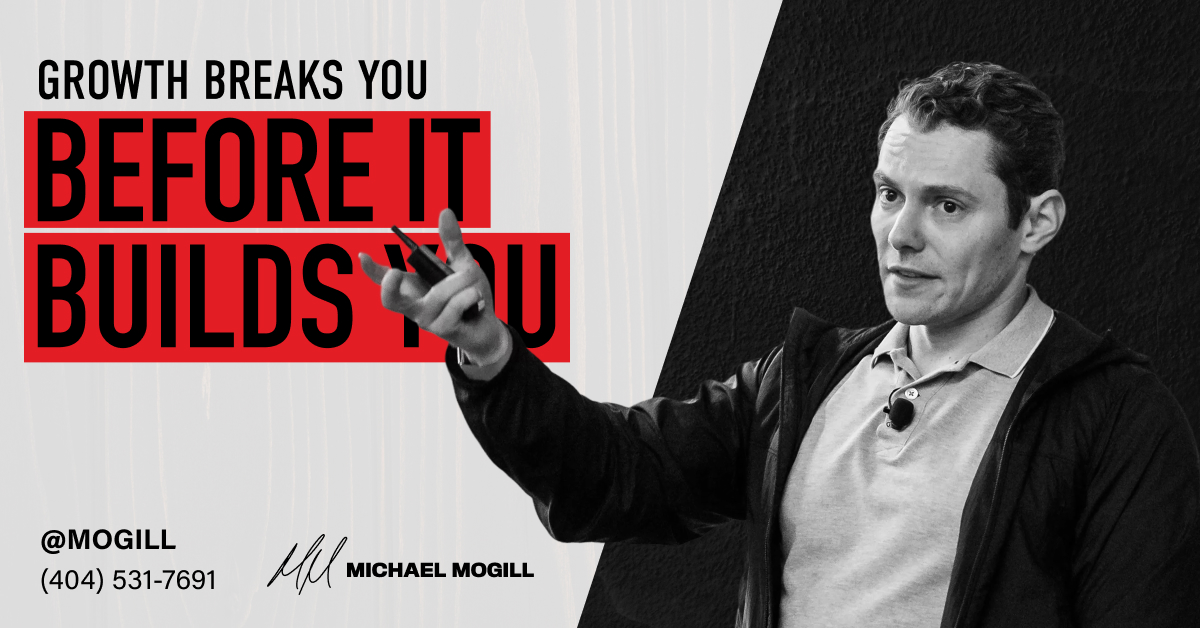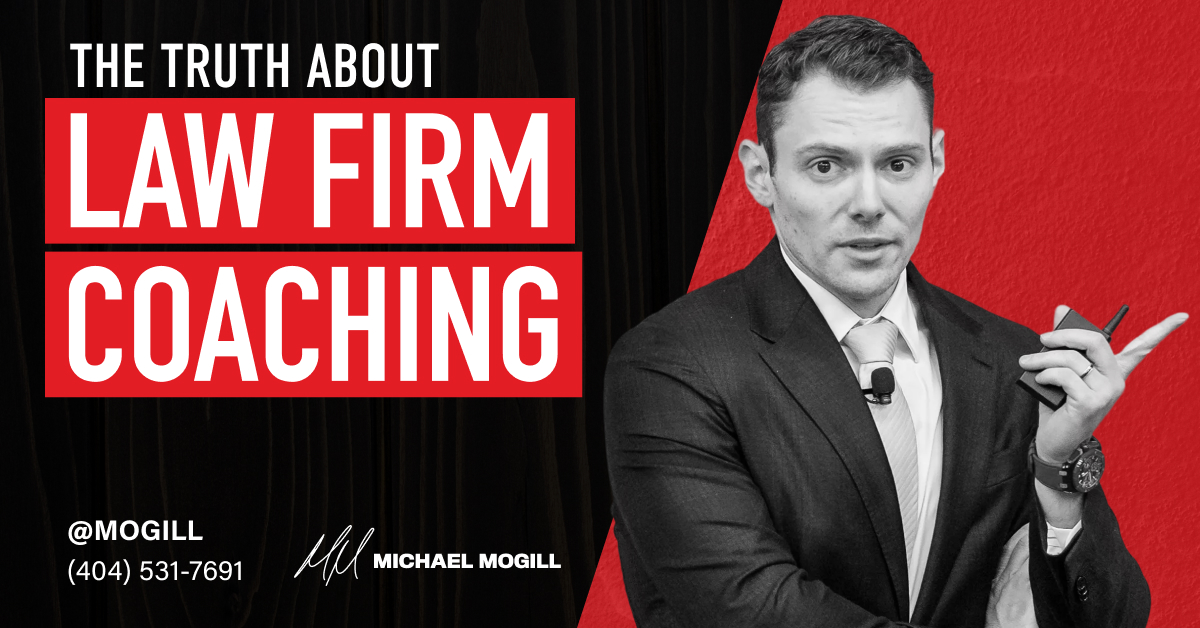The past year has been interesting. No one can doubt that.
Things are arguably even worse now than they were last year, especially in terms of the lingering impact of COVID fatigue. The challenges leaders are experiencing — in their businesses, in their own minds, and with their teams — make us all exhausted.
In the current state of the world, harping on the negatives doesn’t benefit anyone’s mindset. It impacts your headspace. As business leaders, we must control our environments to keep people engaged, focused, and productive.
Sometimes people say to me:
“Mike, you’re too optimistic. Why are you being so positive? Look at what’s going on in the world. Look at what’s going on in business. There are all kinds of challenges, all sorts of struggles. Why are you so positive?”
I believe in this firmly. Being positive in a negative situation is not naive — it’s leadership.
As much as 50% of your role as a leader is specifically to ensure that people feel confident about the direction that your business is headed. We’re focused on the future.
Ultimately, if people are not optimistic about the long term, then why would they do the things that they’re doing today? Why would you ever endure the challenges and overcome the obstacles you face now if tomorrow wasn’t promising?
When I meet with the Crisp leadership team, I may be pessimistic in the short term. I’ll play devil’s advocate and poke holes in ideas, strategies, initiatives, or targets. The goal is to identify what could go wrong so that we’re prepared for the worst.
But more importantly, I’m always optimistic in the long term.
Every time I address the full team, I keep a positive demeanor and optimistic attitude. It’s not because I feel like I have to put on a front — it’s because I am genuinely optimistic.
I hope you are as well. I hope anyone reading this can say that, by the end of this year, your firm will be in a better position than it’s in today. If you do not share that belief, think about what impact that mindset has on every decision you make: for your firm, for your own headspace, for your decision-making skills.
If your thoughts are, “I’m going to be worse off. Things will be worse for my business. My team will be worse off. Our clients will be worse off,” what will that mean for you?
This has nothing to do with what’s outside your locus of control. It has everything to do with having an optimistic outlook that things can and will get better.
Here’s some affirmation. Elon Musk recently had another rocket blow up — surely a $100 million investment — just gone.
Yet, he is optimistic that the next one won’t blow up. So they’re still going to build it. They’re still going to invest in it. They’re still going to do the research and development, because if you don’t have that type of mindset, why would you ever try again?
Why would you ever pick yourself up, dust yourself off, and keep going?
It all comes back to being positive in a negative situation. It’s truly not naive. That’s leadership. Our role is to help to guide people. We’re all going somewhere we’ve never been, and we’re guiding others there with us.
For your team to believe in the future of your organization — for them to follow you through trials and tribulations to reach the other side — you have to be optimistic first.
If you lose that optimism, you will lose your following, too.






